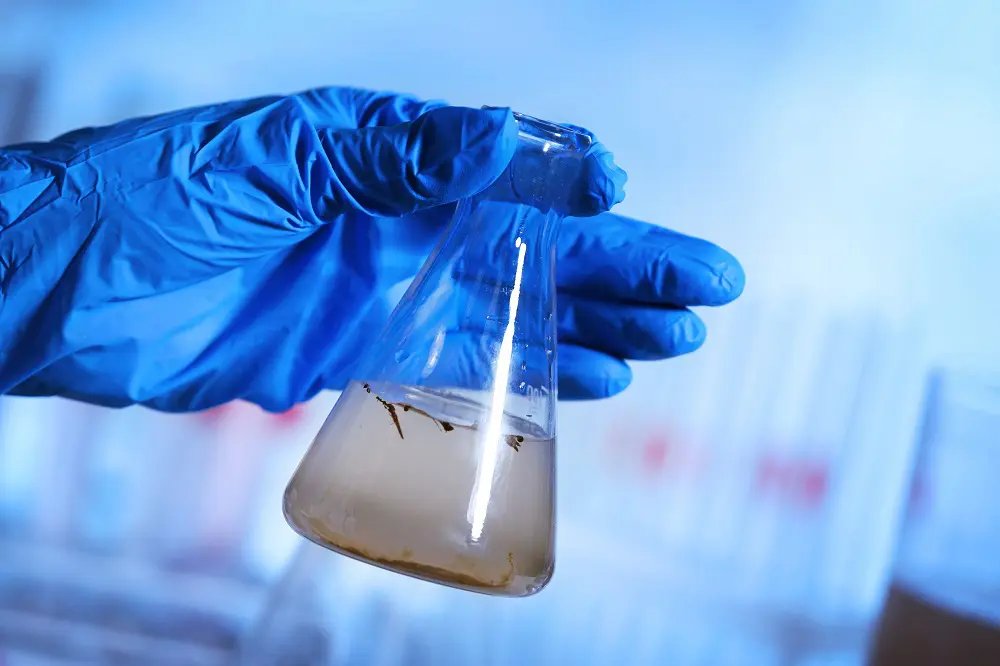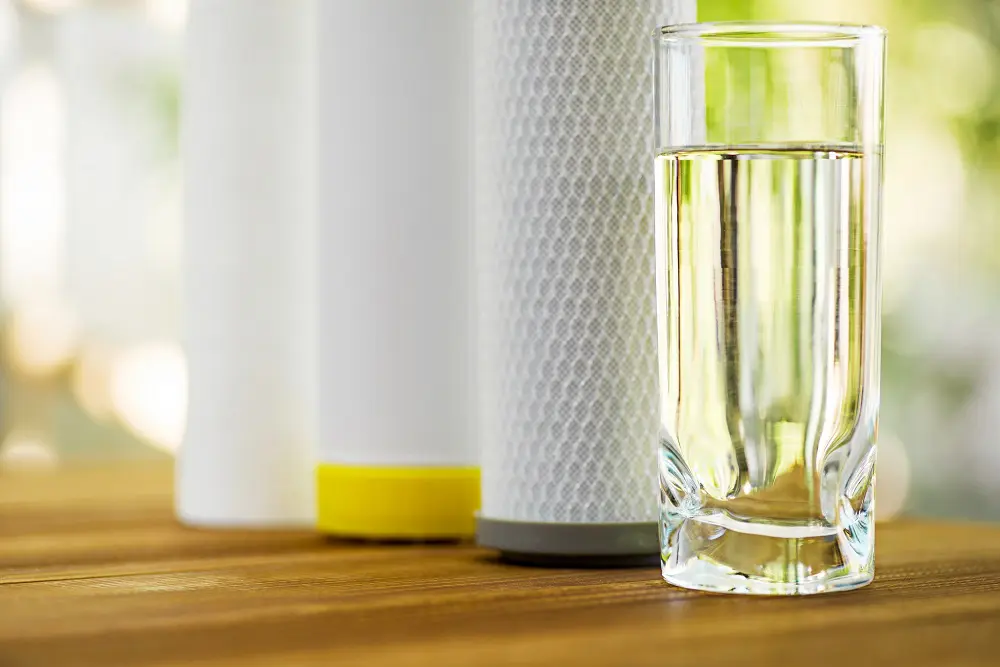You know contaminated drinking water isn’t good for you, but did you know it can affect your immune system? For people with weak immune systems, the effects can be worse. There are ways to reduce the possibility of contaminated water. Sending a sample of your water to a private water testing lab will give you confidence that your water is safe to drink.
Water Contaminants
Exposure to certain contaminants in tap water can pose a risk to your immune system:
- Perfluorinated compounds (PFCs): These manmade chemicals can get into bodies of water that connect with public water supplies. If someone drinks water containing PFCs, it can decrease his or her immune cell population.
- Cryptosporidium: This parasite is responsible for most waterborne illnesses.
- Chlorine: Chlorine, a disinfectant, reacts with organic matter in water to produce compounds known as trihalomethanes (THMs). THMs can damage a person’s immune system when inhaled, for example, by breathing in water vapor in the shower.
Weak Immune Systems
Some contaminants in water do not harm most people but could cause serious harm to someone with a weak immune system. People at risk include someone who has had a transplant, has AIDS or HIV, is undergoing chemotherapy, or has an immune system dysfunction.
Waterborne Illnesses
Cryptosporidiosis, also known as crypto, is caused by Cryptosporidium, a microscopic parasite that lives in the intestines of humans and animals. It’s communicable and is resistant to chlorine. Although crypto is more common among people with weak immune systems, outbreaks among healthy populations are possible. Symptoms include diarrhea, nausea, stomach cramps, headaches, fever, and loss of appetite. In a person with a healthy immune system, the illness lasts a few days to a week, but for someone with a weak immune system, it could be more serious, even deadly.
Another waterborne illness, found particularly in AIDS patients, is disseminated mycobacterium avium complex (MAC). MAC organisms penetrate the gastrointestinal mucosa, the mucous membrane of the stomach. Disseminated adenovirus infections can be contracted by transplant patients. Toxoplasmosis, an infection caused by the Toxoplasma gondii parasite, causes no symptoms in most people but can cause serious infections in people with compromised immune systems. Infants of mothers who were recently infected are also at risk.
Prevention
There are ways to prevent contaminants from getting into your drinking water and affecting your immune system:
- Boiling water: Boiling water will kill pathogens, such as Cryptosporidium. You’ll need to bring drinking water to a full boil for at least one minute.
- Filters: You can install a point-of-use water filter. The filter treats water at a tap. For example, it is installed under a kitchen sink. Another option is a whole-house water filtration system. The system treats water as soon as it enters your home.
- Bottled water: The origin of bottled water varies. Bottled water from a protected well and spring water sources are less likely to be contaminated than water from rivers and lakes.
- Testing: Water test labs will check for many contaminants, including microorganisms.
- Wells: Private well owners bear responsibility for the safety of their water. Contamination can occur if the well is not properly constructed. Shallow wells can become contaminated if water is drawn from the surface of the ground. Well owners should have their water tested for contaminants each year.
Make sure your water is safe and contains no contaminants that could damage your immune system. Send a sample of your drinking water to ETR Laboratories. You’ll get fast and reliable test results.


